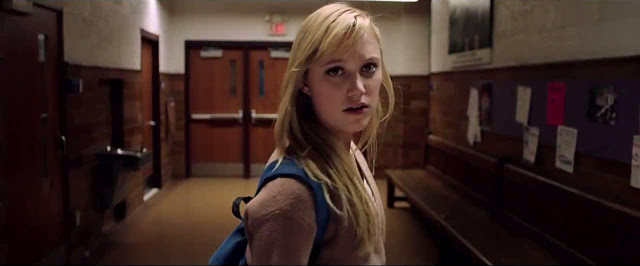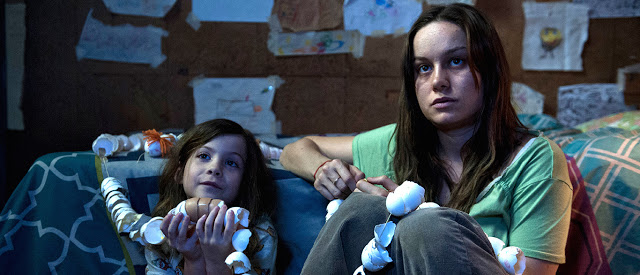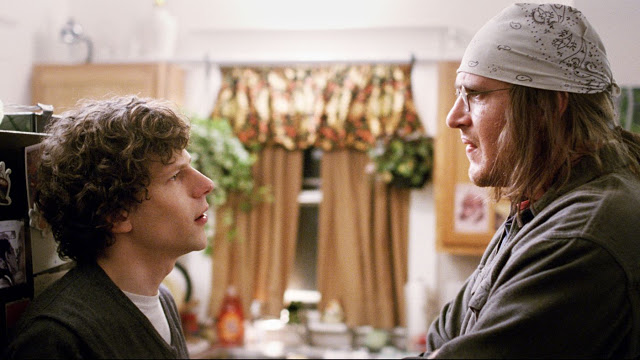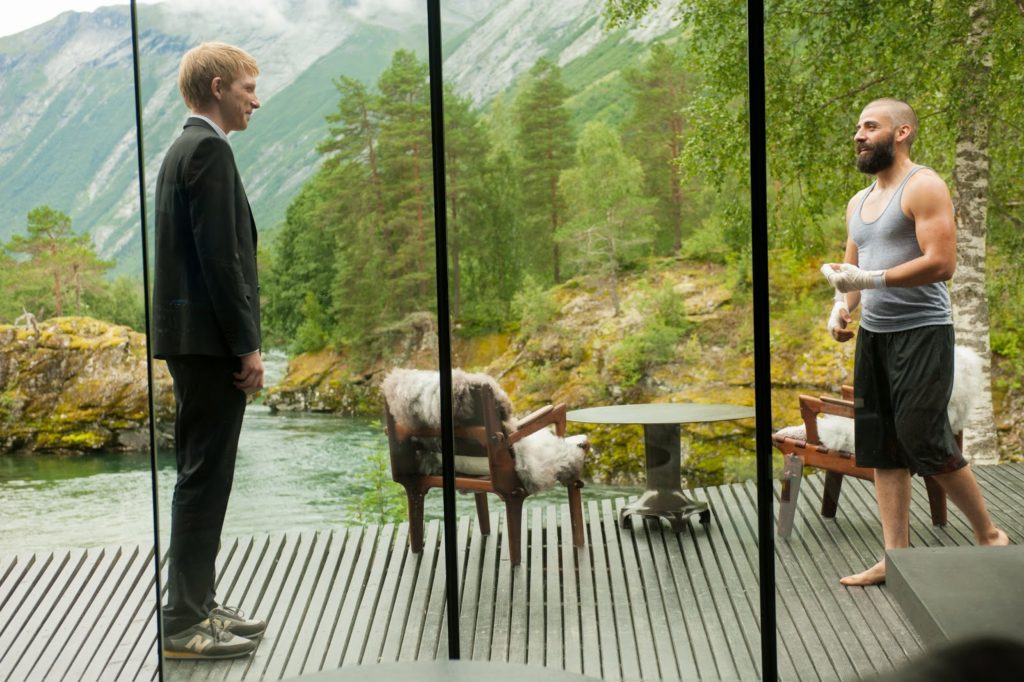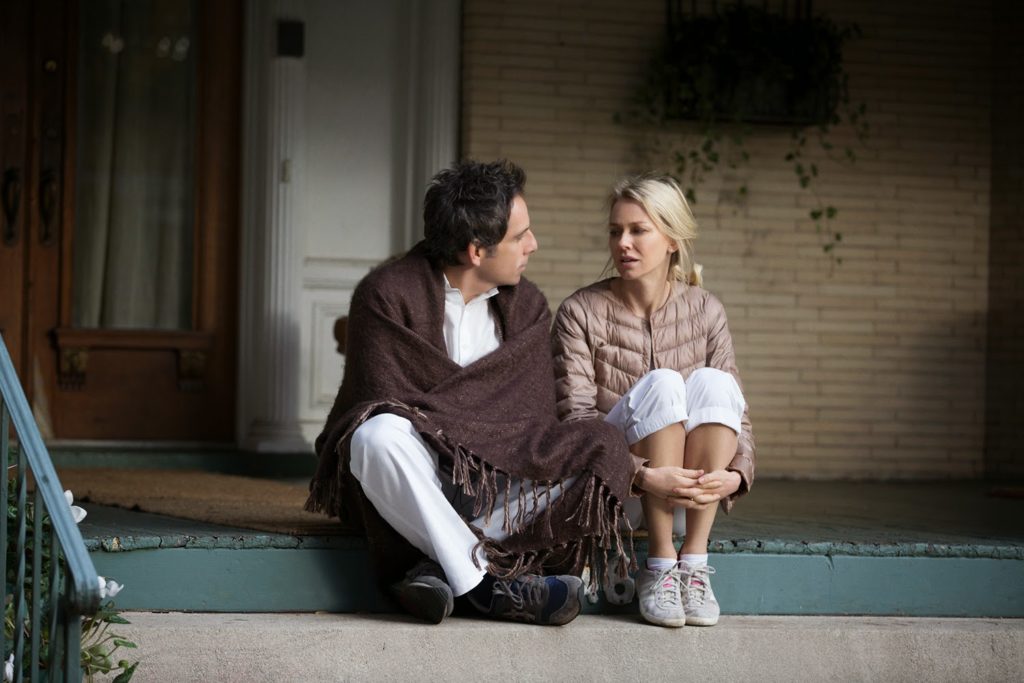The 10 Best Movies of 2015
We all know top 10 lists are meaningless—arbitrary attempts to objectively quantify highly subjective works of art. But top 10 lists can also be meaningful, not just as encapsulations of the year that was, but as snapshots in time. Were I to pick the 10 best films from 2015 a month from now, or a month ago, this list would assuredly look different. Those who prefer their year-end collectives to be cemented in stone may deem that sentiment overly tentative, but I’ve always accepted that my opinions of movies are like my memories: fluid, changing with time, and susceptible to multiple feelings and interpretations.
But here we are today, and here I must enumerate my thoroughly impeachable rankings of the year that was. In reviewing 2015 at the movies, I am struck by how many big-budget pictures I enjoyed. From the thrilling action scenes of Mission: Impossible—Rogue Nation to the equally thrilling dance sequences of Magic Mike XXL, from the interplanetary collaboration of The Martian to the intergalactic warfare of Star Wars: The Force Awakens, studios routinely served up rousing entertainment at the multiplex, and they should be commended for it. (Yes, they also served up the usual dreck.)
None of those high-profile movies, however, is on my year-end list. Instead, my top 10 is populated largely by more intimate stories focusing on relationships—mothers and sons, bosses and employees, men and women (and women and women). This should not, of course, reflect a value judgment on my part in favor of “smaller” films. I like all good movies, regardless of the scale of their production or the size of their target demographic. This year, I happened to gravitate toward more independent fare, but that is a coincidence rather than a signifier of taste.
But while the following 10 movies may not have been commercially successful—only two made more than $50 million at the box office, and just one topped $100 million—there is nothing small about their artistic achievements. They told beautiful stories, and they did so with clarity, vigor, and passion, lingering in my mind’s eye for some time after I watched them. They may span countries and eras and genres, but they are all powerful, provocative pictures, with their own singular style and vision. Here are the Manifesto’s 10 best movies of 2015. Read More

